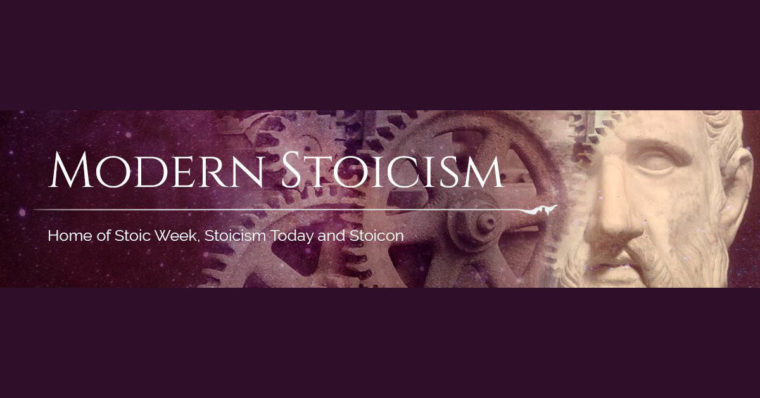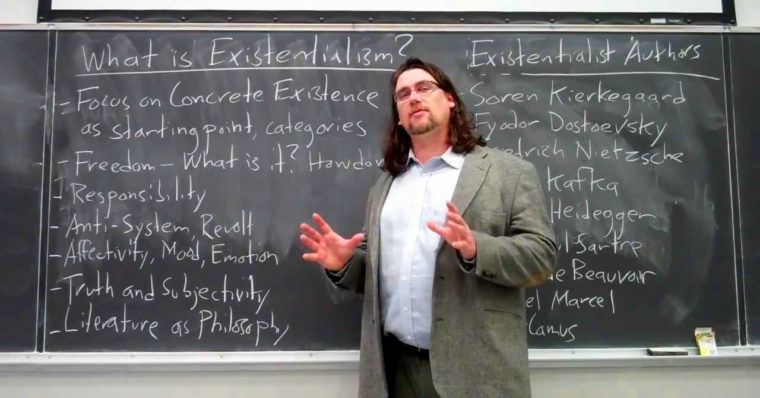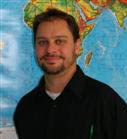| By John Lachs |
When our ancestors lived in caves, every tool was a prized possession. Furs for comfort and drawings to decorate the cave were difficult to come by. They were passed down from generation to generation.
Photo courtesy of Paul Brennan, CC0.
Later, when human productivity made the goods of the world readily available, our grandparents became collectors. Growing control over nature enabled them to stockpile everything imaginable, converting their homes into storage units.
Some claim this was in response to the tough times of the Great Depression. Others attribute it to smart shopping: buying on sale is a great saving, even if you never use the item.

Photo courtesy of Andrew Keith, CC0.
The important idea is that the twenty-eighth sweater and the 5-pound Ketchup bottle are there, ready to be used…if, that is, they can be found. “You never know when it’ll come in handy” is a great justification if what you look for is not lost in the clutter.
We feel it impossible to discard perfectly usable clothing even if we have no intention of ever using it. Surely, there is nothing wrong with keeping food that is only a few months past the expiration date. And though we have no interest in the second treadmill a friend wants to give away, we’ll manage to find a place for it.

Courtesy of Flickr, CCO, some rights reserved.
There is always room for the next coffee table and, after a good sale, the clothes in the closets just have to be compressed a little more. Eventually, the stuff we collect invades all rooms and peaks out from under the beds.
The moment of truth comes when we have to move. The death of a loved one or a divorce reveals the momentousness of the collection. Every item has memories attached, everything cries to be preserved. Discarding anything feels like losing a friend.

Photo courtesy of Dwight Burdette, CCO.
Is there a solution? Only one as radical as surgery is for cancer. Take ten items you cannot live without. Leave everything in place and get a couple of friends to bring their friends to carry away whatever they want. What is left can go to charity.
What we value says a lot about who we are. Look over the ten objects you kept. What do they say about you?
